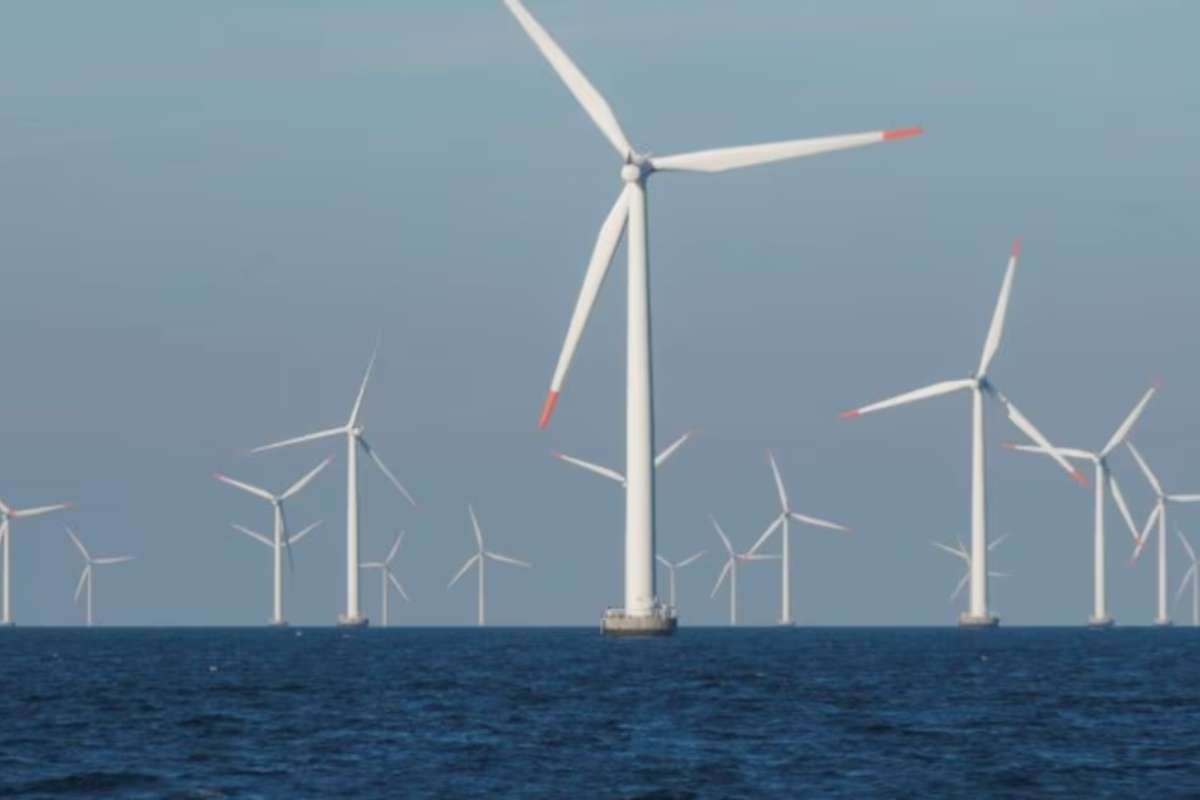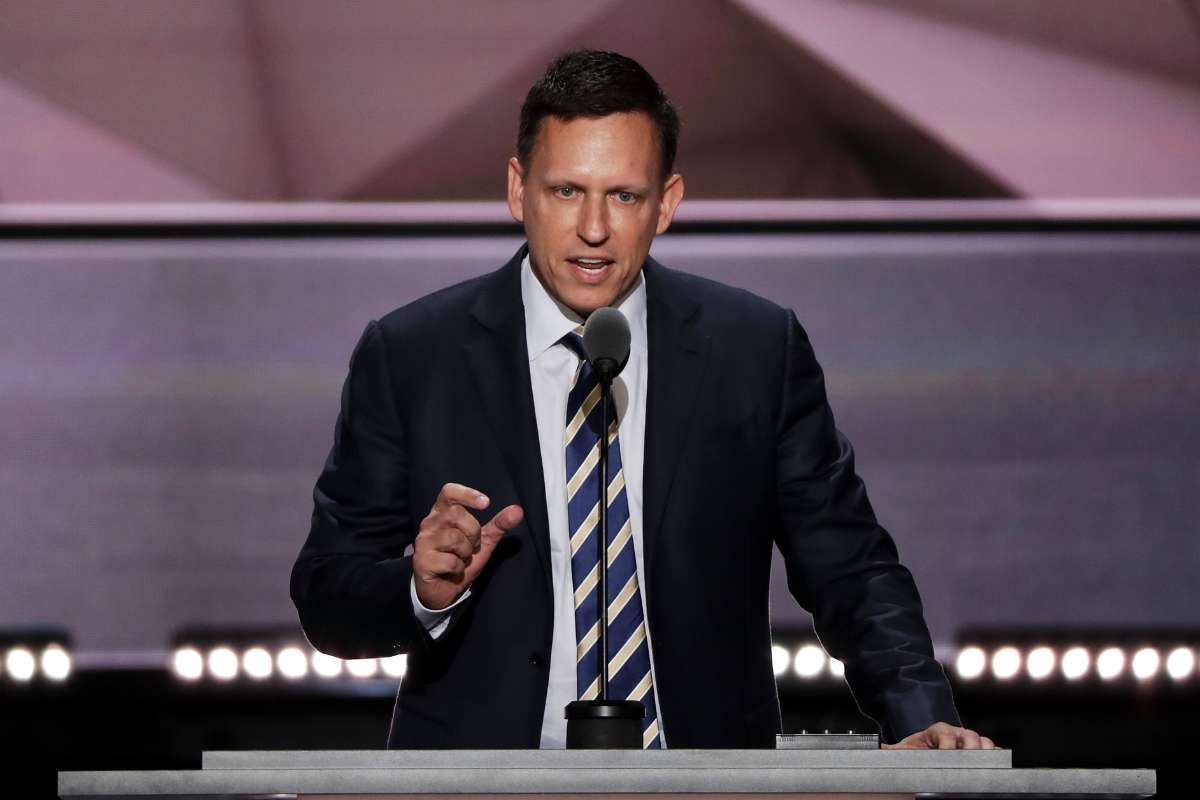Key Points:
- Ørsted’s U.S. wind project was halted over security concerns, causing a record 17% share drop.
- The company is still pursuing a $9.5 billion capital raise to stabilize finances.
- The pause raises industry-wide concerns about energy reliability and U.S. market stability.
Ørsted battles one of its toughest challenges as the United States government abruptly orders a halt to its nearly completed offshore wind project, Revolution Wind, off the coast of Rhode Island. The project, which was around 80% finished with most turbines already installed, was suspended following unspecified national security concerns.
The sudden intervention sent Ørsted’s shares plunging by 17% in a single day, marking the steepest drop in the company’s history. The setback compounds a broader market decline that has wiped out nearly a third of the company’s value since early August. For investors and stakeholders, the halt raises fresh questions about the security of offshore wind investments in the U.S. energy market.
Regional officials warned the suspension could have sweeping consequences. The project was expected to support electricity reliability for millions of residents across New England and provide roughly 1,000 construction jobs. The unexpected pause now threatens to disrupt both the labor market and the regional power supply balance.
Ørsted Stands Firm on Capital Raise
Ørsted battles through the turmoil as it confirms plans to press ahead with its rights issue, aiming to raise nearly $9.5 billion—a move seen as vital to fortifying its balance sheet. The company’s leadership argued that the capital raise had been structured to withstand major disruptions and reiterated its commitment to long-term investments in renewable infrastructure.
The Danish state, holding a majority stake in the company, continues to back the fundraising strategy, underscoring its role as a stabilizing force in a period of heightened uncertainty. Market analysts remain divided, with some warning that political headwinds could derail Ørsted’s expansion in the U.S., while others argue the company’s diversified global portfolio still offers resilience.
The company acknowledged that the U.S. decision could prompt a reassessment of its project pipeline, but it maintained that its overall strategy remains unchanged. For Ørsted, securing the capital raise is now pivotal to ensuring it can navigate both financial pressures and geopolitical risks without jeopardizing future growth.
Wider Industry Fallout
The suspension of Revolution Wind is reverberating far beyond Ørsted. New England’s grid operator has raised concerns that the project’s absence could strain electricity supply and undermine future planning assumptions. Labor unions, meanwhile, voiced alarm that thousands of workers tied to the offshore wind industry could face layoffs if projects are delayed or scrapped.
Political leaders have also demanded transparency around the decision, pressing for clarity on the nature of the security concerns. The lack of detail has fueled frustration among regional stakeholders who argue that halting a nearly complete project undermines confidence in the U.S. energy transition.
The episode highlights the fragility of large-scale renewable projects in the face of shifting political and regulatory dynamics. For the global offshore wind sector, the move underscores the risks of investing in markets where long-term energy policy can change abruptly. Ørsted battles high stakes as the outcome will not only shape its financial recovery but also decide whether the U.S. remains a viable growth market in its clean energy strategy.











